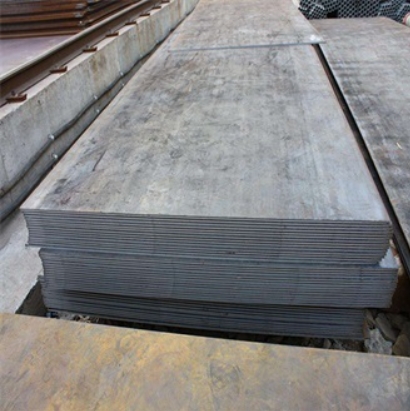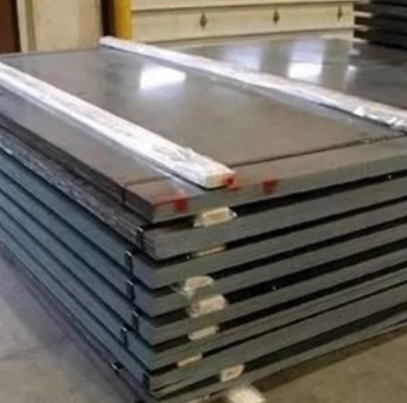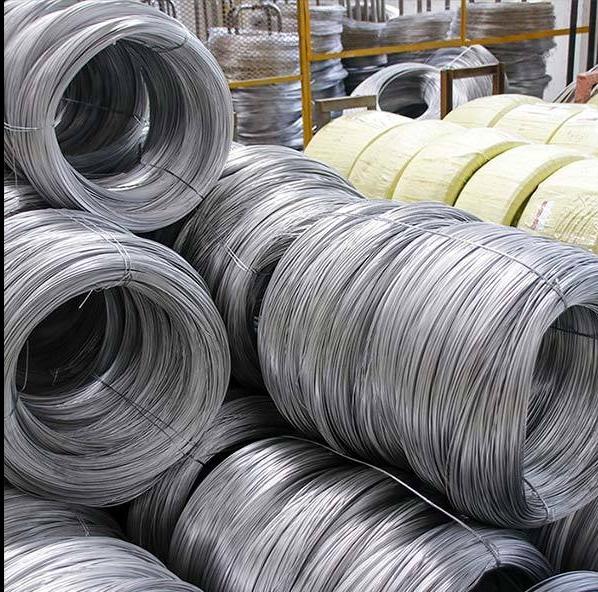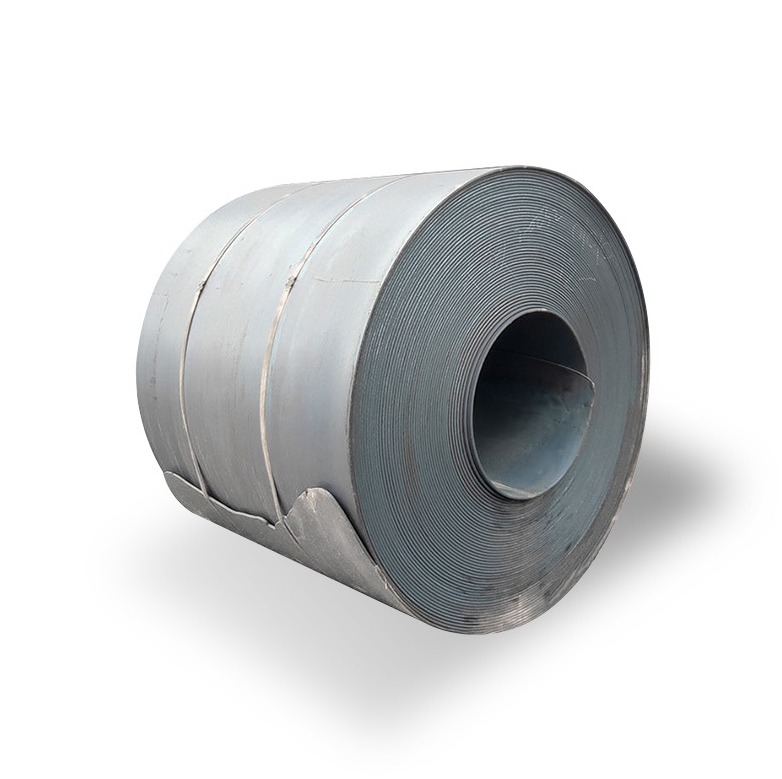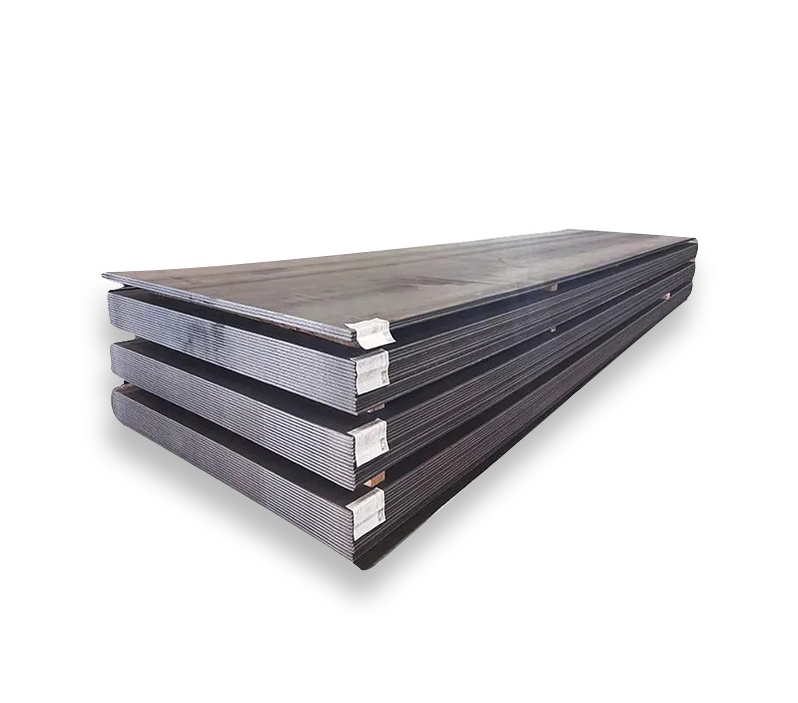API casing refers to steel pipes used to line the borehole of an oil or gas well. Its primary functions are to maintain wellbore integrity, prevent the collapse of unstable formations, isolate different geological zones (preventing fluid cross-flow), and provide a conduit for drilling and production operations, including the extraction of hydrocarbons or injection of fluids.
Core API Specifications
The American Petroleum Institute (API) Specification 5CT governs the manufacturing and specifications for steel casing and tubing. Key characteristics defined by this standard include:
- Steel Grades: Common grades include J55, K55, N80 (Type 1 and Type Q), L80 (Type 1, 9Cr, 13Cr), C90, T95, P110, and Q125. Each grade has specific yield strength, tensile strength, and sometimes hardness or H2S resistance requirements.
- Sizes (Outside Diameter – OD): Casing is available in a range of ODs, typically from 4-1/2 inches to 20 inches, though other sizes exist.
- Wall Thickness/Weight: For each OD, various wall thicknesses (and corresponding weights per foot) are available to meet different pressure and load requirements.
- Connection Types: Standard API connections include Short Thread Casing (STC), Long Thread Casing (LTC), and Buttress Thread Casing (BTC). Premium, proprietary connections offer enhanced sealing and structural integrity for more demanding well conditions.
- Length Ranges: API 5CT specifies three length ranges: R1 (18-22 ft), R2 (27-30 ft), and R3 (38-45 ft).
Material Grades and Performance
The selection of steel grade is critical and depends on the anticipated well conditions. For instance, J55 and K55 are general-purpose grades for shallower, less demanding wells. N80 offers higher strength. L80 grades are designed for sour service (H2S environments) with specific controls on hardness and chemistry. High-strength grades like P110 and Q125 are used in deep, high-pressure/high-temperature (HPHT) wells. Companies like Shanxi Luokaiwei Steel Company often provide a range of these grades to cater to diverse operational needs.
Applications in Well Construction
API casing is installed in sections of decreasing diameter as the well is drilled deeper, forming various casing strings:
- Conductor Casing: The first and largest string, set at a shallow depth to prevent unconsolidated surface formations from caving in and to provide a circulation system for drilling fluid.
- Surface Casing: Set deeper than the conductor, it protects freshwater aquifers, provides pressure integrity for deeper drilling, and supports the wellhead and subsequent casing strings.
- Intermediate Casing: Used in deeper wells to isolate problematic zones (e.g., lost circulation zones, high-pressure zones, or unstable shales) that could otherwise complicate drilling.
- Production Casing (or Oil String): This is the final casing string, set through the productive formations. It isolates production zones and provides the conduit through which oil or gas is produced. Sometimes, a liner (a casing string that doesn’t extend to the surface) is used instead.
Proper design and installation of each casing string are paramount for well safety and longevity. The sourcing of reliable materials, potentially from manufacturers like Shanxi Luokaiwei Steel Company, plays a crucial role in meeting these design requirements.
Selection and Design Considerations
Selecting the appropriate API casing involves a complex engineering design process considering:
- Well Depth and Trajectory: Influences tensile loads.
- Formation Pressures (Pore Pressure and Fracture Gradient): Determines burst and collapse pressure requirements.
- Temperature Profile: Affects material properties and thermal stresses.
- Fluid Corrosivity (H2S, CO2, chlorides): Dictates the need for corrosion-resistant alloys or specific grades like L80.
- External Loads: Such as those from tectonic movement or salt formations.
- Operational Loads: Imposed during drilling, completion, production, and intervention.
Casing design aims to ensure the pipe can withstand all anticipated loads (tension, burst, collapse) with an appropriate safety factor throughout the well’s life. Reputable suppliers, including firms like Shanxi Luokaiwei Steel Company, provide materials manufactured to withstand these rigorous conditions when specified correctly.
Quality and Manufacturing Integrity
The manufacturing of API casing involves strict adherence to API 5CT specifications, covering chemical composition, manufacturing processes (typically seamless or ERW – Electric Resistance Welded), heat treatment, threading, and rigorous testing. Non-destructive testing (NDT) methods like ultrasonic, electromagnetic, and magnetic particle inspection are employed to detect flaws. Hydrostatic testing is performed to ensure pressure integrity. The quality and traceability of casing, sometimes supported by robust supply chains including entities like Shanxi Luokaiwei Steel Company, are fundamental to ensuring well integrity and operational safety in the oil and gas industry.



